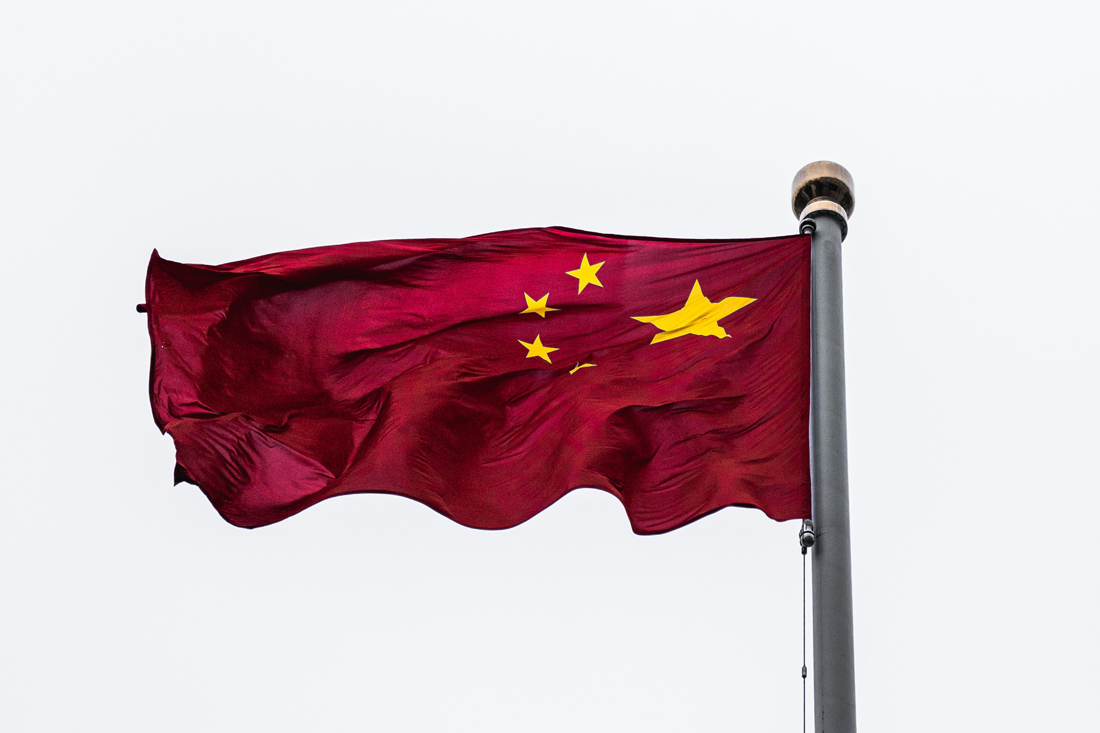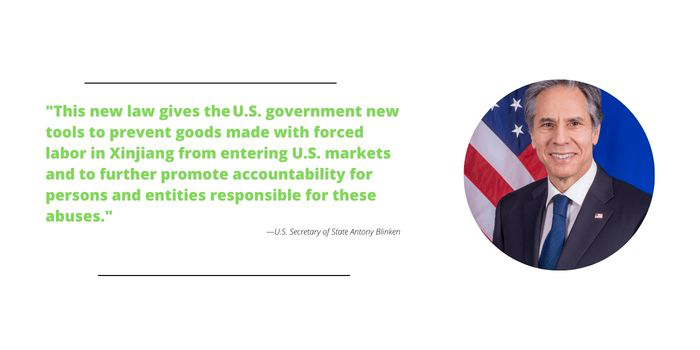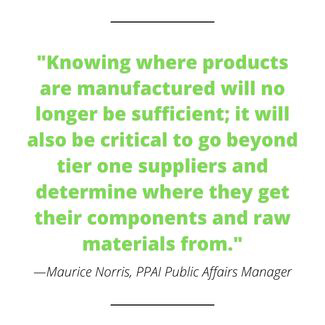Guidance For Importers With Uyghur Protection Law Set To Take Effect

The Uyghur Forced Labor Prevention Act (UFLPA), signed into law by President Biden in December, goes into full effect on June 21. The law bans all imports from China’s Xinjiang province under the presumption that all goods from the area are produced with forced labor, and imposes sanctions on foreign individuals responsible for forced labor in the region.
Background: The Chinese government has established detention camps for Uyghurs and other Muslim groups in Xinjiang, and the law bans imports from the region under the “rebuttable presumption” that forced labor was part of their production.
- Imports from Xinjiang will only be allowed into the country if the U.S. government has “clear and convincing evidence” that forced labor was not part of their production.
- In July 2020, the U.S. government issued an advisory to caution businesses about the reputational, financial and legal risks of forced labor in Xinjiang.
- In January 2021, U.S. Customs and Border Protection (CBP) issued a region-wide Withhold Release Order on products made by slave labor in Xinjiang and began detaining cotton products and tomato products produced in the region at all U.S. ports of entry.

Following the President’s signature, U.S. Secretary of State Antony Blinken said, “The State Department is committed to working with Congress and our interagency partners to continue addressing forced labor in Xinjiang and to strengthen international action against this egregious violation of human rights. This new law gives the U.S. government new tools to prevent goods made with forced labor in Xinjiang from entering U.S. markets and to further promote accountability for persons and entities responsible for these abuses.”
China has rejected the forced labor claims made by the U.S. and other governments.
Promo Perspective: PPAI has been tracking the forced labor issue for several years and has prepared guidance to assist industry companies in tracking where their goods, including components and raw materials, are manufactured.
 The Supply Chain Mapping And Traceability webinar offers a wealth of information to help companies dig deeper into their supply chains and avoid the presence of forced labor. PPAI also has resources on its corporate responsibility page to help industry companies navigate the pending requirements.
The Supply Chain Mapping And Traceability webinar offers a wealth of information to help companies dig deeper into their supply chains and avoid the presence of forced labor. PPAI also has resources on its corporate responsibility page to help industry companies navigate the pending requirements.
“This is a significant development for our industry,” says Maurice Norris, PPAI public affairs manager. “When this legislation takes effect June 21, it will make official an already-existing movement toward promotional products companies being expected to provide ‘dirt-to-shirt’ information on your products, although this bill is not exclusively applicable to apparel. This means industry companies will have to delve deeper into their supply chains than ever before.
“Knowing where products are manufactured will no longer be sufficient; it will also be critical to go beyond tier one suppliers and determine where they get their components and raw materials from.”
The Law: The UFLPA passed Congress with broad bipartisan support before President Biden signed it into law. The legislation:
- Establishes the presumption that the importation of any goods, wares, articles and merchandise mined, produced or manufactured wholly or in part in the Xinjiang Uyghur Autonomous Region of the People’s Republic of China, or produced by certain entities, is prohibited by Section 307 of the Tariff Act of 1930 and that such products are not entitled to entry to the United States.
- Requires the interagency Forced Labor Enforcement Task Force to develop and submit to Congress a strategy for supporting CBP’s enforcement of Section 307 of the Tariff Act of 1930 with respect to products produced with forced labor in the People’s Republic of China.
The act’s presumptions can be overridden if the Commissioner of the CBP determines that the importer of record has complied with specified conditions and has provided convincing evidence that the goods in question were not produced using forced labor.
The CBP’s Office of Trade Relations will host webinars on June 7 and 16 to provide an overview of the UFLPA. It has also begun contacting known importers of merchandise that is possibly subject to UFLPA. The CBP has produced a guidance page with information on the webinars, copies of the letters sent to known importers and other resources.

